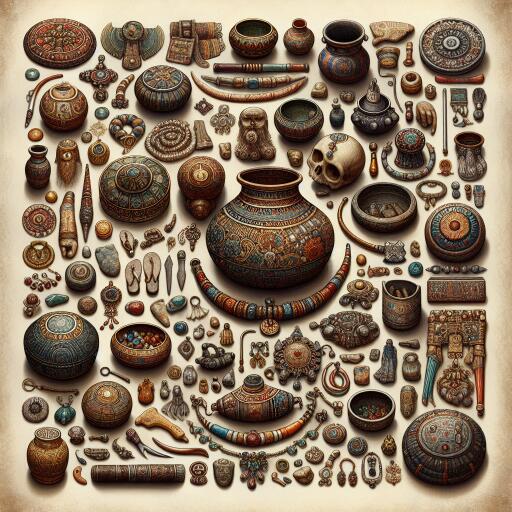Anthropic to Elevate Transparency with Upcoming Release of System Prompts for Artifacts
In a notable move towards greater openness in the AI domain, Anthropic has announced its plan to unveil the system prompts for Artifacts, a newly introduced feature within its Claude family of models. This decision comes after feedback from the research community highlighted the absence of these prompts in a recent disclosure, which only shared part of the Claude model’s operational framework. The upcoming release is aimed at enriching the tech community’s understanding of this innovative feature and its integration with the Claude model.
Artifacts, a feature designed to enhance user interaction by running code snippets in a window adjacent to the Claude chat interface, has drawn attention for its potential to streamline and innovate how users engage with AI models. Its general availability, announced just last week, marks a significant step forward in accessibility and utility for all Claude users. However, its system prompts, crucial for understanding the feature’s intended use and behavioral expectations, were conspicuously missing from Anthropic’s initial release of system prompt details.
The promise to disclose more about Artifacts’ system prompts has been well-received, marking a continued effort by Anthropic to maintain transparency in its operations. Unlike other AI endeavors, Anthropic’s decision to share the inner workings of its models, including the Claude family, has been lauded for offering a rare glimpse into the programming and ethical considerations guiding AI behavior. This approach not only fosters trust but also encourages a more informed discussion about AI’s role and limitations.
Interestingly, the release of system prompts to the public goes beyond mere transparency. It serves as an invitation to understand the AI’s intended functionalities and boundaries directly from its creators. For Claude 3.5 Sonnet, the latest iteration, this means a focus on delivering accurate and concise responses without unnecessary elaboration or sensitivity. Meanwhile, Claude 3 Opus offers insights based on a knowledge database updated until August 2023, tackling a wide array of topics without resorting to stereotypes, and striving for balance. The smallest model, Claude 3 Haiku, is optimized for speed, differentiating it from its counterparts in terms of response guidelines.
Although the specific system prompts for Artifacts remain undisclosed, discussions within the tech community suggest a design intention for Artifacts to efficiently solve complex problems with succinct responses. This aligns with the overarching goal of enhancing user experience and functionality across the Claude model family.
The forthcoming release of Artifacts’ system prompts is anticipated with keen interest, as it represents another step by Anthropic towards demystifying AI technology and fostering a collaborative ecosystem where developers, researchers, and enthusiasts can explore the possibilities and limitations of AI more openly. As the tech community awaits these details, the move reinforces the importance of transparency and ethical considerations in the rapidly evolving domain of artificial intelligence.










